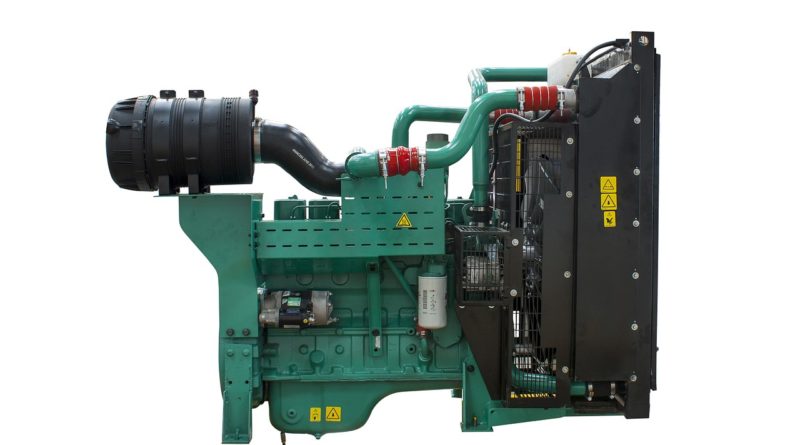7 practical advice to make generator last longer
When a power outage impacts your neighborhood, a generator can help you tackle regular routines that require electricity. This device uses gasoline to produce energy for lights throughout a home and for standard wall outlets. If you buy a generator, it will successfully produce electricity for your house for many seasons. However, there are simple ways to make a traditional generator last longer, and you can achieve optimum results by implementing strategic procedures after a unit is on your property.
Use a Secure Storage Area
A generator is designed to power electrical devices in a home after a storm is over. Since most metal surfaces on a generator are vulnerable, they can fade or deteriorate in direct sunlight. Rain is another environmental problem because the drops can seep into nook and crannies.
By storing your generator in a shed or garage, you’ll protect it from the elements. The garage or shed must have good air circulation so that gas fumes in the generator can escape. High windows work best because they pull gas odors out of an environment several feet above the ground.
If you’re going to use a garage as a storage location, always store your generator in a corner. In this spot, no one driving a vehicle will accidentally collide into the generator while entering or exiting the garage.
Monitor Gas Levels
Gas is very combustible, so it can explode if the temperature in an enclosed space rises. As a result, you should always drain all of the gas out of your generator before storing it away in a hot shed or garage.
Depending on a generator’s layout and design, the process of extracting gas may be simple or challenging. If a generator is secured on a solid, lightweight base, you can easily drain the gas by tilting the unit sideways. Heavier units are tougher to lift and tilt, so you’ll need assistance in order to angle the base so that every drop of gas drains out of the chamber.
Operate the Generator Properly
All generators by different brands have unique components that conduct heat and produce surges of electricity. If proper procedures aren’t implemented while using a generator, minor to severe operational problems could occur, and this is why you must always follow the instructions in the owner’s manual. In most manuals, there is a troubleshooting section that covers common maintenance signs and repair options. If you refer to this section when you discover problems, you can take practical steps to maintain your generator.
Invest in Bolts to Prevent Theft
Because a generator is a valuable, expensive product, it can attract burglars. In order to have a long-lasting unit, you must prevent theft by using carriage bolts and a steel plate.
Begin this project by securing the plate underneath the generator’s frame with the bolts. If the plate is very long, you’ll need to cut it so that it only extends two feet beyond the perimeter of the frame. The overhanging piece is important because you can weigh it down with a vehicle to prevent possible criminals from toting your generator away.
Use a Tarp During Scattered Storms
During most rainstorms, the storm clouds will move slowly through a community. When storm clouds are spaced apart, there will be moments when the rain stops. Throughout these breaks during a power outage, most people use a generator to power important appliances. The big problem is that a generator is very vulnerable when it’s powered up while scattered showers travel through an area. If a generator is running as rain begins to drop, water may damage key mechanical components. A tarp is a solution to this problem as you can use it to shield a generator while the motor is off as rain moves through the area.
To ensure the best protection, invest in a hefty tarp that has strong supportive components. If a gust of wind travels around a generator while it’s covered with a wind-resistant tarp, the supportive elements will keep the tarp totally secured.
Install a Fence
In a typical outdoor environment, there are many things that can harm a generator, such as projectiles, and animals. When something smashes or collides into the base of a generator, the impact could damage or break the engine.
A fence can protect a generator while it’s running or shut off outdoors. The top fencing options for a yard are steel or wood because these materials create a barrier that can effectively defend a generator.
Buy Proper Oil and Seek Maintenance Services Regularly
Oil is a vital fluid that helps an engine function properly. If you fill your generator’s oil chamber with a professional-grade blend, major mechanical problems won’t affect how efficiently the hardware produces constant electricity. Great oil serves one purpose after it coats a generator’s engine, which is to reduce the effects of friction. By stopping friction, a motor can produce power without slowing down.
In most cases, a generator may have minor problems that are tough to detect. When simple problems aren’t found and resolved on time, they usually develop into major issues that can lead to performance inefficiencies or breakdowns. A preventative maintenance service technician can help you keep your generator in peak condition by inspecting key components, such as the
- Motor
- Fuel filter
- Rotor
If you take care of your generator, you can use it following storms throughout multiple seasons. Whenever you need a new generator or an upgrade, you should search for a reliable source such as Generator Place.

